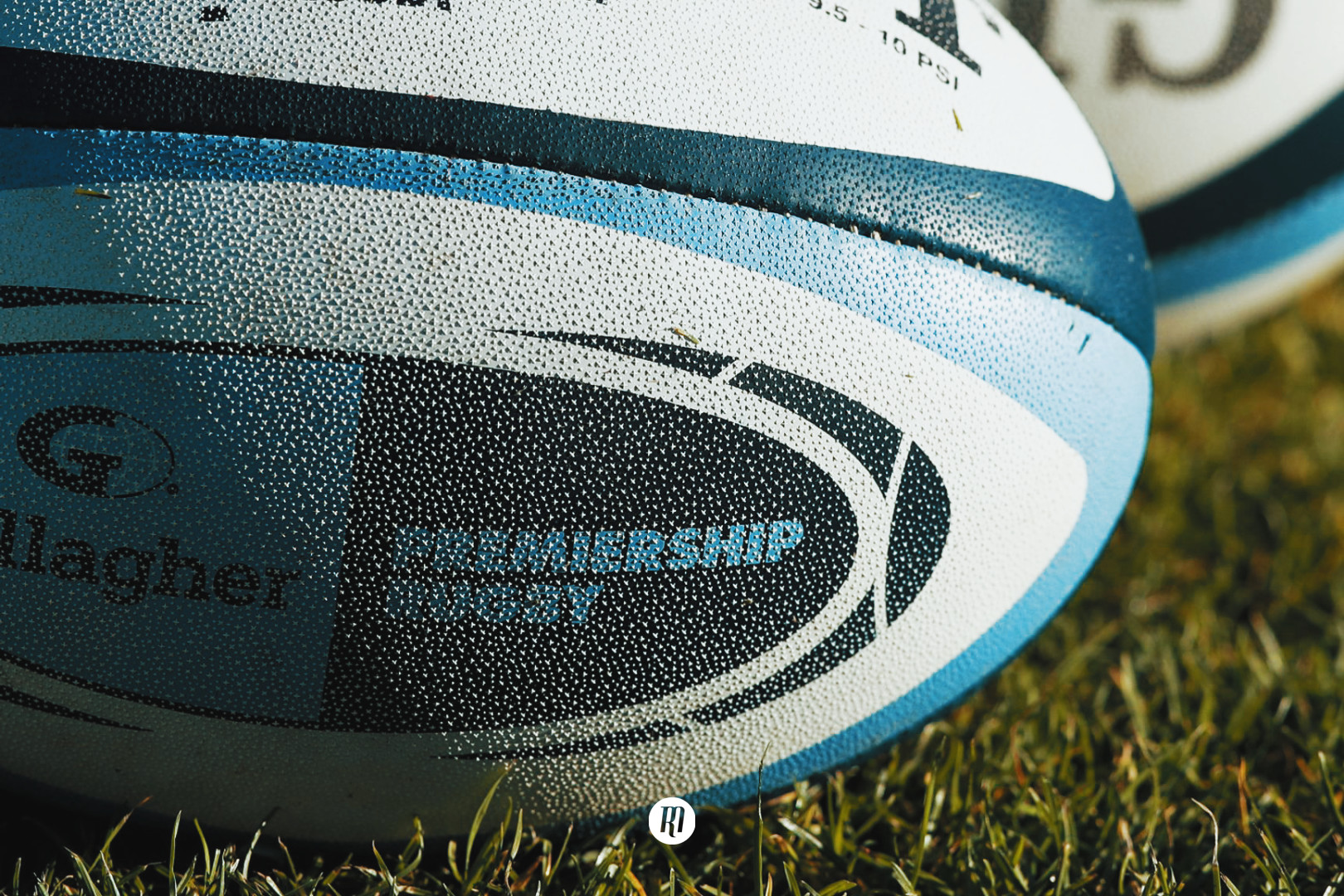Exeter Rising
Exeter could rise to the pinnacle of English Rugby on Saturday, but this stop on the journey is the culmination of 20 years of hard work.
Looking into a forest you might miss the sapling that grows amongst the giant oaks. You might never notice it grow and grow until it has risen to its full height, deservedly basking in the sun as it stands mightier than those around it. Down on the south coast of England, there has been something wonderful happening for a long time, but it took 120 years for the sapling to decide it wanted to be an oak.
Exeter Rugby Club was founded in 1871, back when rugby would be almost unrecognisable to us today. This was the same year that the first laws of the game were drawn up, the Rugby Football Union was formed, and the first international was played - a most auspicious year for founding a club. It would however take nearly 20 years for the club to claim their first trophy, winning the Devon Cup in 1890, and it would be another 80 years before their back-to-back wins in 1970 and ’71 - they would go on to win the cup a record six times. There was little other success of note beyond these county titles and two quarter-final appearances in the Pilkington Cup, and going into the 1995-96 season, the club were competing in the fourth level of English Rugby. However, an impending seismic shift in the sport would create the conditions that allowed Exeter to witness one of their own, although their approach would be rather different to many of the leading clubs.
On the 26th August 1995, almost 100 years to the day after the game split into two codes, Rugby turned professional. It was Rugby’s Berlin wall. Suddenly, the game had been turned on its head and everyone was trying to find their feet. Players and coaches could concentrate all of their energy on improving themselves and the fortunes of their clubs, and indeed clubs spent vast sums of money to achieve their goals. London Wasps were the first team to lift the Premiership in the professional age, and were followed by Newcastle before the hegemony of Leicester began. These clubs were able to attract wealthy investors, but professionalism also had its casualties, with clubs forced into administration when those with the money pulled out.
It was shortly after the advent of professionalism that the first catalyst for Exeter’s rise became involved with the club. In 1998, Exeter Rugby Club setup a limited company structure when Tony Rowe formed a board of directors, with the company shares held by trustees who act on the wishes of the membership. Unlike many of the clubs at the top level of the English game, the club focused on building a viable business rather than focus on short term success, and this approach saw turnover increase from £200,000 in 1998 to over £1m ten years later. It is this sound financial footing and business leadership that has created the strong foundation for the club to move forwards, and indeed they moved from The County Ground, their historic home of 100 years, to Sandy Park in 2006, which has seen turnover rise to £10m a year.
A new stadium was still a long way off in 1997 and while Wasps were wrapping up their Premiership title, Exeter were celebrating themselves. Becoming Champions of National League One (then Courage League Division 3) meant back-to-back league wins and promotions following their success in Courage League Division 4 a season before, and they found themselves in the Premiership Two (now RFU Championship) going into the 1998-99 season.
Exeter’s record in the second tier was consistent, finishing in the top half through the 13 years they were in the league. They flirted with the top flight a few times, losing out - before playoffs were introduced - to Bristol in 2005, and then Northampton and Leeds in 2008 and 2009. It would take just one small change to accelerate the growth of the club, but it is an approach they have been following ever since.
One of the key decisions Exeter make every year, is to look to their own. This is epitomised by the quantity of homegrown players who are not only representing the club, but also their countries; the focus of the club is not to bring in big name players, but to create them - look at Jack Nowell, Sam Hill, Luke Cowan-Dickie, as well Henry Slade, who will become one of the greatest players of his generation.
However, all of this might not have come to pass if they had not chosen this route the first time the decision was made, and indeed this is the second catalyst for the success of the club. Following the disappointment of a second consecutive second place finish the second tier, Exeter parted company with their coach Peter Drewett. On the 7th May 2009, it was announced that his replacement would be Rob Baxter, who over the course of 14 years, 10 of which he captained the side, had amassed 275 appearances for the club.
In his first season in charge, competing in the newly named RFU Championship, Exeter overcame Bristol in the playoff final and won promotion to the top flight of the English game. From there it has become clear that Baxter’s leadership is founded on prudence, planning and hard work, and this approach has seen the club continue to work their way up the Premiership table. The quality of rugby on show at Sandy Park this year has been both exciting and intelligent, and he can consider himself incredibly unlucky to have missed out on the Director of Rugby of the Season award.
Exeter are now the darlings of the Premiership, going up - and invariably winning - against much more financially aggressive teams, but their run to this years final is no fairytale; it is the culmination of years of hard work and planning. Those in charge at the club know that one day they will be champions of England and Europe, but they are not so greedy as to want it now. They have the prudence to build a legacy rather than buy short term success.
On Saturday, the club will go up against a Saracens team who will be buoyant after their European Champions Cup success and mauling of Leicester in the Semi-Final. The game will see two contrasting schools of rugby collide, with the expressive Exeter game going up against the pragmatism of their opponents. The clubs pursuit of silverware has already culminated in winning the LV Cup in 2014, although pointedly they lost out to Saracens in last years final, but regardless of Saturday’s result, this is just another stop on Exeter’s journey to dominance.

Filed under:
Gallagher Premiership, Exeter Chiefs
Written by: Edward Kerr
Follow: @edwardrkerr · @therugbymag






